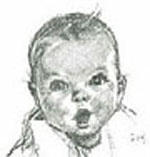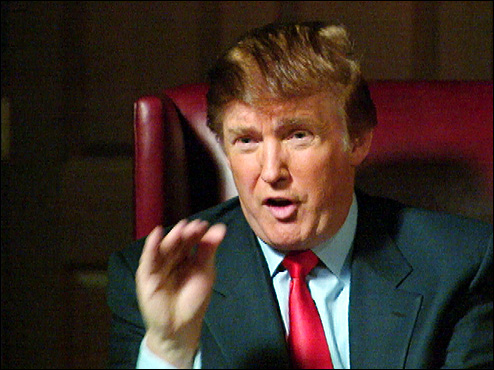Animated Life Lessons
I was watching Beauty and the Beast today. Yeah, the Disney one. Yeah, I own it. Yeah, fuck you too -- it's the best animated movie ever made, due in no small part to the fact that Jerry Orbach plays a talking candle. Can we move on, please?
Okay, good. Because even though I've seen this movie at least a dozen times, I never really picked up on its hidden meanings until today. On the surface, it seems to have a very Jane Austen-era female empowerment agenda: follow your heart, don't be afraid to be different, always listen to teakettles that sound like Angela Lansbury, etc. But strip away all the facades and Oscar-winning music, and you're left with a message of hardcore pragmatism that's so archaic, it could almost be postmodern.
Here's the story in a nutshell, in case it's been a while. Belle is an extraordinarily hot girl, but her book smarts and independent thinking make her an outcast in a village mainly concerned with drinking and producing loaves of bread. Gaston, the town's alpha male, pursues her relentlessly despite her pariah status: either because she's just that beautiful, or because his tendency to dance with other sweaty guys at the tavern has left him with a serious need for a beard. One day, Belle's father gets lost in the forest and wanders into a castle where he's taken prisoner by the Beast. When Belle finds him there, she successfully barters with the Beast to take her dad's place in the cell. Little does Beast know that Belle worked under the table for the architectural firm that designed the castle and has the full set of blueprints tattooed on--wait, never mind. Anyway, after spending enough time with all the talking furniture and gourmet meals (which, by the way, we never see where the ingredients come from, but I'm guessing there must be one hell of a Whole Foods nearby), Belle develops a pretty strong case of Stockholm syndrome and decides she loves the Beast enough to put up with a lifetime of lint-brushing the bed every night and pleading with her insurance carrier to cover veterinarian visits. This, of course, lifts the spell on the Beast and turns him into the strapping Harlequin-romance pinup he used to be. Oh, and somewhere in there, Gaston leads an army to storm the Beast's castle and bring back Belle but only gets himself killed for his troubles. And voila, happily ever after.
So let's get right into it. As in most romances, Belle's spectrum of available men is limited to two. One is conventionally attractive but shallower than a puddle; the other is deep, mysterious and brooding but has, in the most politically correct terms possible, a "unique" look. Since Belle is a smart girl looking to buck society's restrictive mores, she goes with the latter. End of story, right? Worthy of a touching, Cameron Crowe-esque end credits song? Not so much. Because what did Belle really choose? First of all, while she may not have been impressed by all of Gaston's rippling muscles and general over-the-top masculinity, she turned him down in favor of the one guy even more virile than him (and the one guy who could kick his ass in a fight). Where's the misunderstood bespectacled genius character in all this? I don't know, but I'm guessing he would have had about as much of a shot with Belle as the Detective Lenny Briscoe candle.
Then there's the issue of wealth. Even though Belle's vocal repertoire doesn't include "Buffalo Stance," we're led to believe that no money man could win her love. Gaston seems to be all kinds of rich, or at least well-off enough to spring for an elaborate wedding ceremony before he's even sure he's getting married, but even those kinds of resources don't clear the bar in the eyes of our heroine. She needs an actual goddamn prince with a beautiful castle full of the kind of high-tech gadgetry that most girls pretend to sneer at but secretly think is awesome. Plus, the Beast has that enchanted carriage that runs without a horse, whereas Gaston just has a regular old buggy. In other words, Belle goes for the guy with the bigger house and the cooler ride.
And to get back to the whole uber-masculinity thing, let's not forget that while Gaston gets painted as a grade-A asshole for trying his damnedest to force Belle into marriage, the Beast actually holds her prisoner for the better part of a year. Does anyone really think this bodes well for a future long-term relationship? Because in my experience this story does have a three-word ending, but it's not "happily ever after"; it's "Symbionese Liberation Army."
Great songs, though. I mean, who doesn't love "Be Our Guest"?





